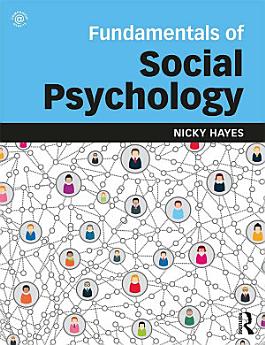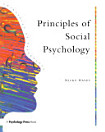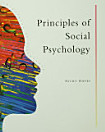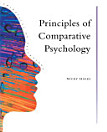Fundamentals of Social Psychology
អំពីសៀវភៅអេឡិចត្រូនិកនេះ
- Both traditional and contemporary theories of social influence.
- How our personal psychology is shaped by our interactions with other people.
- How social psychological insights have been applied in various aspects of modern life.
Intended as a core social psychology text, and including features such as boxed talking-points, real-world examples and case studies, and self-test questions, the book and associated website will cover all the essential topics of an undergraduate course in social psychology in a concise, fresh and up-to-date way.
A comprehensive and contemporary undergraduate introduction to social psychology, it draws together and integrates insights from different areas of research and schools of thought, and features uniquely strong coverage of the online world and our cyberselves.
Written particularly for degree students of psychology, it will be useful to anyone looking for a comprehensive and readable account of social psychological research and theories.
អំពីអ្នកនិពន្ធ
Nicky Hayes is a well-known social psychologist and author with an academic background in psychological research, teaching and assessment, and extensive experience of teaching and writing about psychology. She was awarded the British Psychological Society's Award for Distinguished Contributions to the Teaching of Psychology, and is a Fellow of the British Psychological Society and an Honorary Life Member of the Association for the Teaching of Psychology.







